
KNEE JOINT INJURY / MENISCUS STRAIN & TEAR IN ELITE ATHLETES
When we refer to any knee joint injury such as Meniscus Strain and Meniscus Tear it is proven that a high amount of them are linked to sports practise especially in sports like football, volleyball, skiing amongst others and most of them are due to unsuitable technical skills or since the physical activities are executed in improper environments. They can also be produced right after a contact such as tackles and blows unexpectedly. This means that contact sports and trauma scenarios are highly prone to trigger Meniscus injuries and other joint knee injuries. The blog post of MYchoice explains that when there are sudden movements of pivoting or twisting, and when the joint is being compressed these actions put in danger the knee and can lead to a pulled or torn meniscus. If you suspect that you or any of your acquaintances are suffering from a meniscus tear, knee pain, and other types of lower limb injury your duty is to visit a professional health provider like our sports therapy Manchester practitioners where a thorough check-up will be run, also having sports physiotherapy assessments in My Sports Injury Manchester City Centre is the initial stage to the treatment of our patient, in which we try to obtain all the essential and relevant data of the ways the injury occurred, thorough medical history and in-depth physical examination. According to a study by Martin Majewski et la published in Research Gate, the knee is a biomechanical zone that is described as an area of utmost care due to its anatomical complexity.
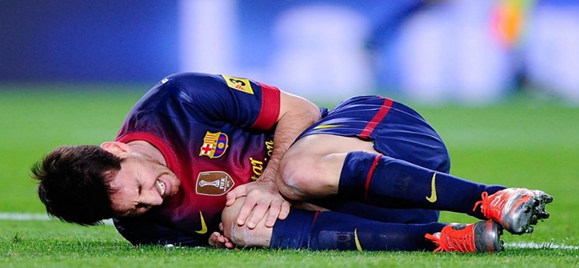
It has been reported the incidence of knee injuries accounted for 19.530 sporting event injuries out of 17.397 subjects during a 10 years’ time frame follow-up where 38, 8% of these injuries were related to lesions in the knee joint. Male athletes scored a higher rate than female athletes with 68, 1% over 31,6%. The average age where this type of knee joint injury was observed more frequently was between 20 and 29 yo nearly 50% of the patients had the appointed age. |
First of all, we must know what the meniscus is for.
What is the meniscus for? Under our MY sports Injury therapy Manchester specialists clinics a meniscus tear is a pretty common knee injury. The meniscus is a rubbery, C-shaped disc that cushions the impact of steps on the knee. Each knee has two menisci: one on the outer edge of the knee and one on the inner edge.
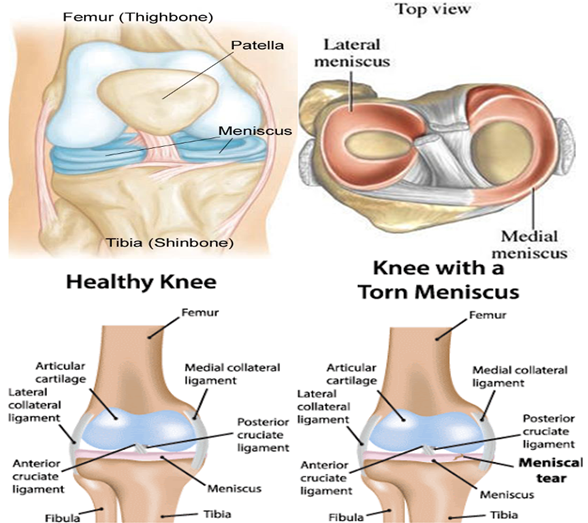
What sports have the most meniscus tears cases? The meniscal tear is well-known for producing instability in the knee which can intervene and impair the regular performance of the elite athletes making them be out of any sporting event until returning to their preceding proficiency. Statistically, the most affected sports by this condition are Football reaching up (35%), Skiing accounts for (26%), and other sports such as Wrestling, Basketball, Tennis, and Baseball. No evidence was found for the average prevalence of TM in these sports.
How do Meniscus Tears happen? There is a main way where knee ligament injuries occur in this case the meniscus tear is produced when the foot is firmly resting on the floor and the knee is abruptly twisted either by its movement itself or by an external force. Cedars-Sinai stated that this condition can also be developing itself gradually over the years due to loss of elasticity in the menisci i.e. in elderly adults, degenerative knee changes can induce to meniscal tear with just a minor or no trauma.
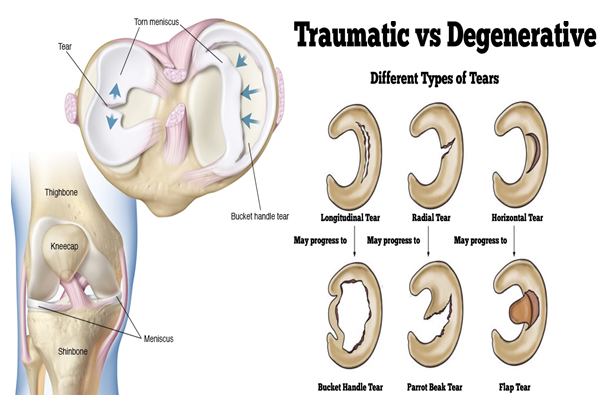
Regardless of the knee symptoms, meniscus injuries are habitual amongst elderly people and middle-aged subjects, these injuries are frequently associated with knee osteoarthritis. The stats of people who have presented torn meniscus without a previous traumatic event can reach up to 31 % according to the research study made by Wolf Petersen et la 2015. However, you have to be very clear that an injury of this type can be suffered at any age, although young athletes are quite prone to sustain them.
What does a torn Meniscus feel like? A torn meniscus has the following characteristics and it feels as if your injured knee is losing range of motion due to a blockage that does not allow you to extend your leg to its full capacity. In addition, MayoClinic points out that you can also get to present stiffness, inflammation, and soreness. Another sensation that can be related to a meniscal tear is that the injured leg begins to give way.
How Meniscus Tear is treated? My Sports Injury Clinic is a sports physiotherapy Manchester rehabilitation Centre where the physical therapists and sports therapy clinicians will guide you through the best possible treatment options for your torn meniscus.
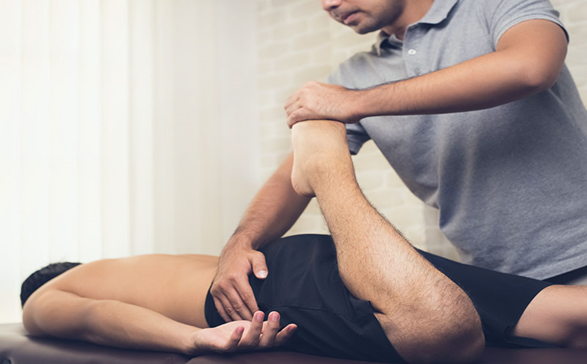
How your doctor/ physio Manchester treats your meniscus tear depends on several factors, including the type of tear, its location, and its severity. Your age and activity level may also influence treatment options. Treatment could include:
- Rest, ice, wrap the knee with an elastic bandage and keep the leg elevated on pillows.
- Pain killers to cease the pain.
- Physiotherapy/ Sports therapy Manchester.
- Exercises scheme.
- Corticosteroid injections.
- Surgery to repair the meniscus.
- Surgery to remove part of the meniscus.
Meniscus Tear how long to heal? The recovery time will vary as it depends on the grade of the lesion, age, lifestyle, and if it is treated conservatively or through surgery. Therefore, whether you will be put through a conservative approach like sports physiotherapy Manchester it could take from 42 to 56 days to heal properly not needing a surgical procedure. Most of the cases give exceptional results implementing physical therapy management as the first line of treatment i.e. it is extremely effective. On the other hand, a research study by the University of Michigan says the recovery process after surgery could take longer and could even take 3 to 6 months to be completely recovered.
How Meniscus Tear is diagnosed? The Doctors of Physical Therapy’s article indicates that some hands-on tests that may be required to determine and diagnose the tear even though a single clinical maneuver run by physio Manchester cannot make the diagnosis but a set of them may foretell a torn meniscus. Some of the techniques carried out by sports physiotherapists Manchester to pinpoint this condition are Positive McMurray’s test, Pain with flexion and extension overpressure, and history of the joint locking.
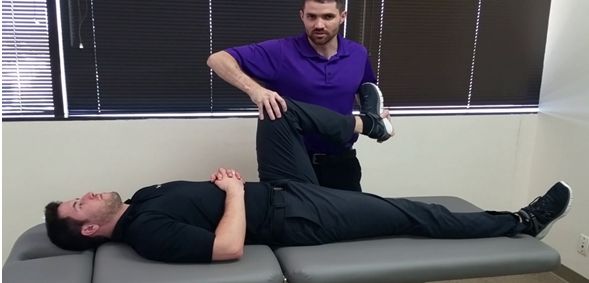
The odds that you must need an imaging study to bear out the Meniscus tear are high; it is likely to make use of an MRI study which is the most precise means to confirm it.
It has been revealed that 36% of individuals have a tear without actually presenting any symptom of pain in the knee area.
How often do Meniscus Tears need surgery? Meniscus tear surgery may be needed when you are suffering from grade 3 and grade 4 and after being treated unsuccessfully with non-surgical management, how do I know if the conservative treatment is not working? Well, if the manifestation of the symptoms continues after 8 weeks of having started off the physical therapy, your physicians would recommend undergoing surgery to repair the tear. These procedures are called meniscus repair, meniscectomy, and meniscus replacement. Those surgical processes are notably efficient notwithstanding the fact that they could result in osteoarthritis in the long term.
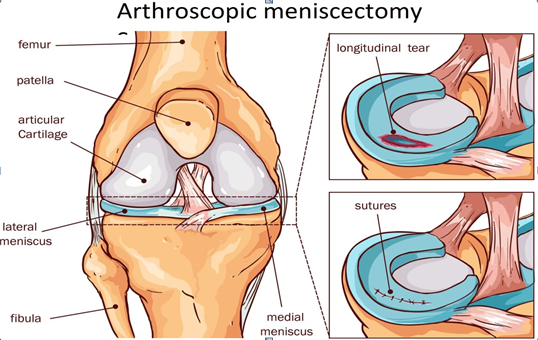
How often does a Torn Meniscus require Physical Therapy after the surgical process? Every time that any patient has been undergone a non-conservative treatment the process of getting better has to be accompanied by sports therapist / Physical Therapist in Manchester. This measure is highly essential since it would provide the knee the strength and mobility necessary to regain the lost quality of life, so and early sports therapy rehabilitation is imperative after surgery to progress as good as possible and return to the sports practise, informed by Matthias Koch et la (2020).
Can a Meniscus tear heal on its own? Sometimes, some individuals may reckon that their torn meniscus injury will heal on its own, unfortunately, not all injuries of this nature can heal on their own, and so a treatment plan is strictly indispensable. PennMedicine reports that if your tear is situated on the meniscus’ external one-third, there are chances that it may heal by itself due to that zone possesses rich blood cells and blood supply which can help to regenerate the damaged tissue.
What happens if a meniscus tear is left untreated? Bad things can happen; complications can take place if you do not treat a torn meniscus, a portion of your meniscus might lose and slide into the joint space, and the worst scenario is that you probably will need a replacement surgery to restore knee functionality. An unsolved tear may also drive arthritis.
Can you strain your meniscus? Indeed you can strain the meniscus since it has the same mechanism of action to get injured as the tear, only that in the case of strain it is less severe and the recovery could be faster.

How long does a meniscus strain take to heal? MercyHealth highlights that usually a mild meniscus strain can be healed within a period from 14 days to 21 days and one of the prime symptoms is discomfort and pain in the outer knee.
Why does the Meniscus tear heal poorly? Eventually, when this occurs it is because the blood supply to the meniscus is very limited, we must remember that blood is the main source through nutrients that reaches the structures of our body and this is what allows us to heal and recover from injuries, cited from OrthoVirginia. Hence, we can say that this is due to the absence of a good blood supply in the affected area.
What exercises can’t I perform with a torn meniscus? The exercises that our sports therapy Manchester practitioners advise that should not be performed are those related to twisting, pivoting, and deep squats, we must avoid them at all costs, since they will add extra pressure to the already unstable injured knee. Otherwise, if doing other types of physical activity makes your knee unsteady or causes any kind of pain or discomfort, stop immediately and do not do it again.
Is it ok to massage a torn meniscus? Definitely yes including a cluster of maneuvers over the surface tissue applying adequate pressure to hit the deep structures. It is implemented to boost the blood flow and also to reduce swelling, minimise muscle spasms, and encourage normal tissue repair.
How do you rehab a torn meniscus without surgery? When your doctor gives the green light to begin sports therapy Manchester treatment, it is advisable to perform the following exercises to improve stability and strengthen your knee.
- Quadriceps setting.
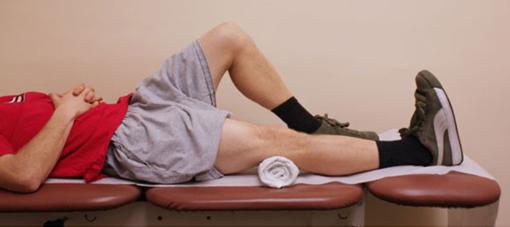
- Mini-squats.
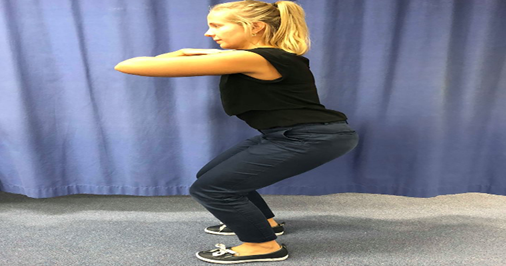
- Straight leg raise.

- Hamstring heel digs.
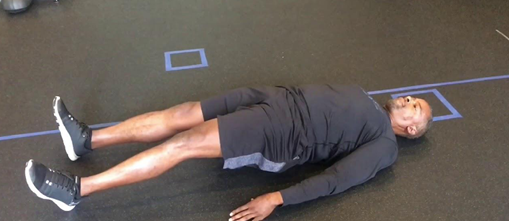
- Leg extensions.
- Standing heel raises.
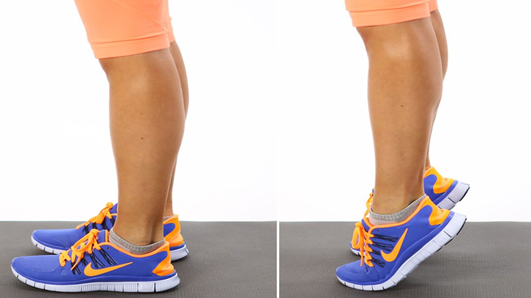
- Clams.

- Hamstring curls.
Written by Rafael Peña for www.mysportsinjury.co.uk
References
- Koch M, Memmel C, Zeman F, et al. Early Functional Rehabilitation after Meniscus Surgery: Are Currently Used Orthopedic Rehabilitation Standards Up to Date?. Rehabil Res Pract. 2020;2020:3989535. Published 2020 Mar 29. doi:10.1155/2020/3989535
- Kelln B. M., Ingersoll C. D., Saliba S., Miller M. D., Hertel J. Effect of early active range of motion rehabilitation on outcome measures after partial meniscectomy. Knee Surgery, Sports Traumatology, Arthroscopy. 2009;17(6):607–616. doi: 10.1007/s00167-009-0723-2.
- Badlani J. T., Borrero C., Golla S., Harner C. D., Irrgang J. J. The effects of meniscus injury on the development of knee osteoarthritis: data from the osteoarthritis initiative. The American Journal of Sports Medicine. 2013;41(6):1238–1244. doi: 10.1177/0363546513490276.
- Mordecai S. C., al-Hadithy N., Ware H. E., Gupte C. M. Treatment of meniscal tears: an evidence based approach. World Journal of Orthopedics. 2014;5(3):233–241. doi: 10.5312/wjo.v5.i3.233.
- Majewski, Martin & Susanne, Habelt & Klaus, Steinbrück. (2006). Epidemiology of athletic knee injuries: A 10-year study. The Knee. 13. 184-8. 10.1016/j.knee.2006.01.005.
- Cardone DA, et al. Meniscal injury of the knee. https://www.uptodate.com/contents/search. Accessed Oct. 8, 2019.
- Cardone DA, et al. Meniscal injury of the knee. https://www.uptodate.com/contents/search. Accessed Oct. 8, 2019.
- AskMayoExpert. Meniscal tear. Mayo Foundation for Medical Education and Research; 2019.

